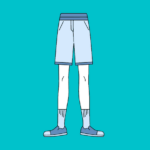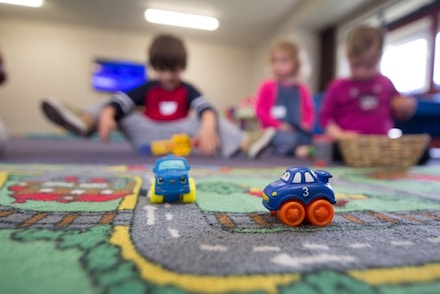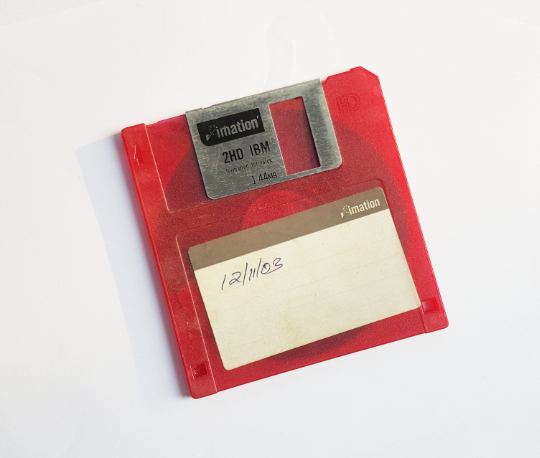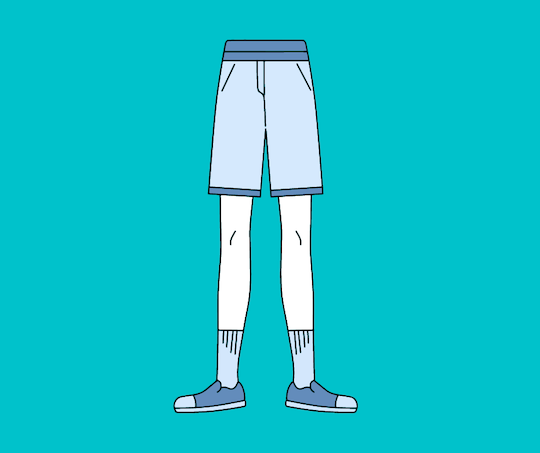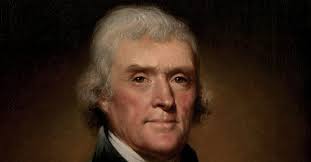“Look to greater minds than our own.”
—Arthur C. Brooks, faculty member of the Harvard Business School

Image from Unsplash by jeshoots.com
What were your favorite subjects in school? In what areas did you excel and demonstrate significant mastery as you grew up? Who were the teachers, mentors, coaches, and family members who guided and supported your development? What resources guided them before they were there for you?
How fortunate we are these days that so much knowledge is available at the touch of a few buttons or keystrokes. How exciting it is that we are only moments away from tapping into the greatest minds of all time whenever we wish, and can stand on their shoulders if we choose.
EXERCISE:
To what extent have you taken full advantage of great minds to support your personal and professional efforts? Where and how can you, too, be a great mind to support future generations in the years ahead?



